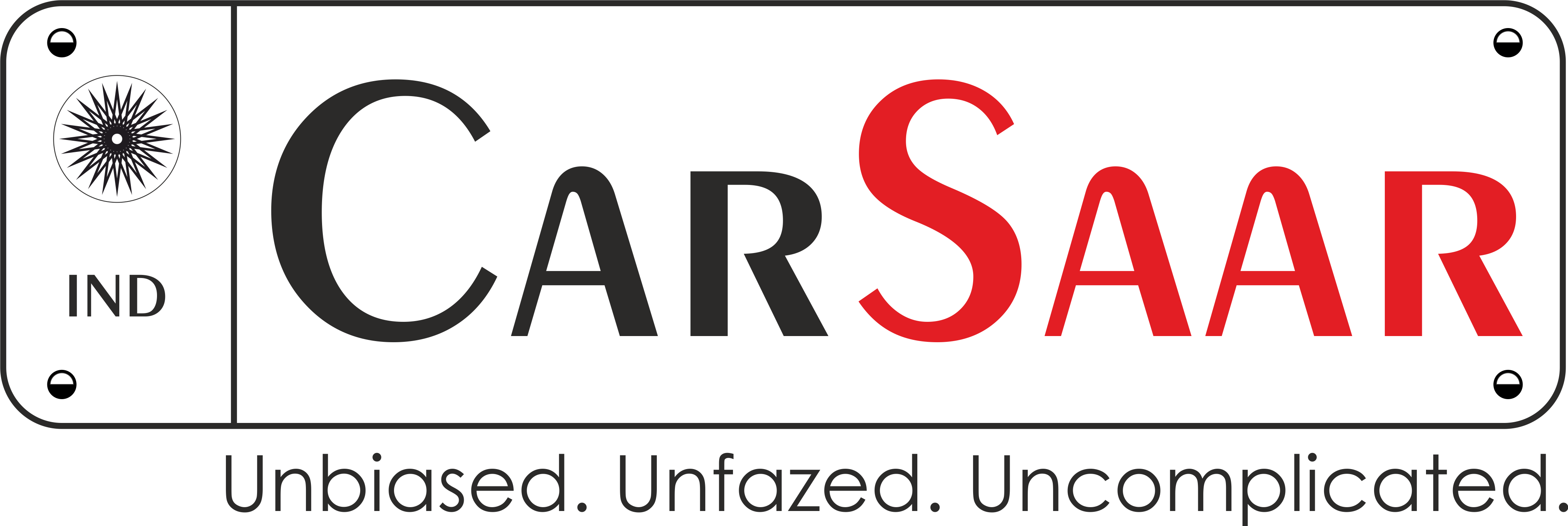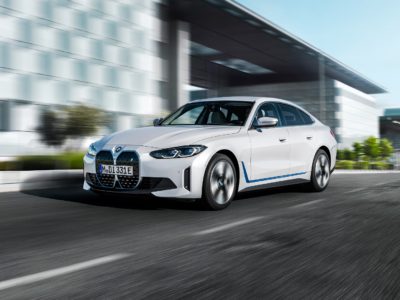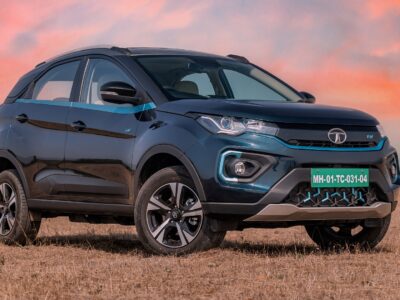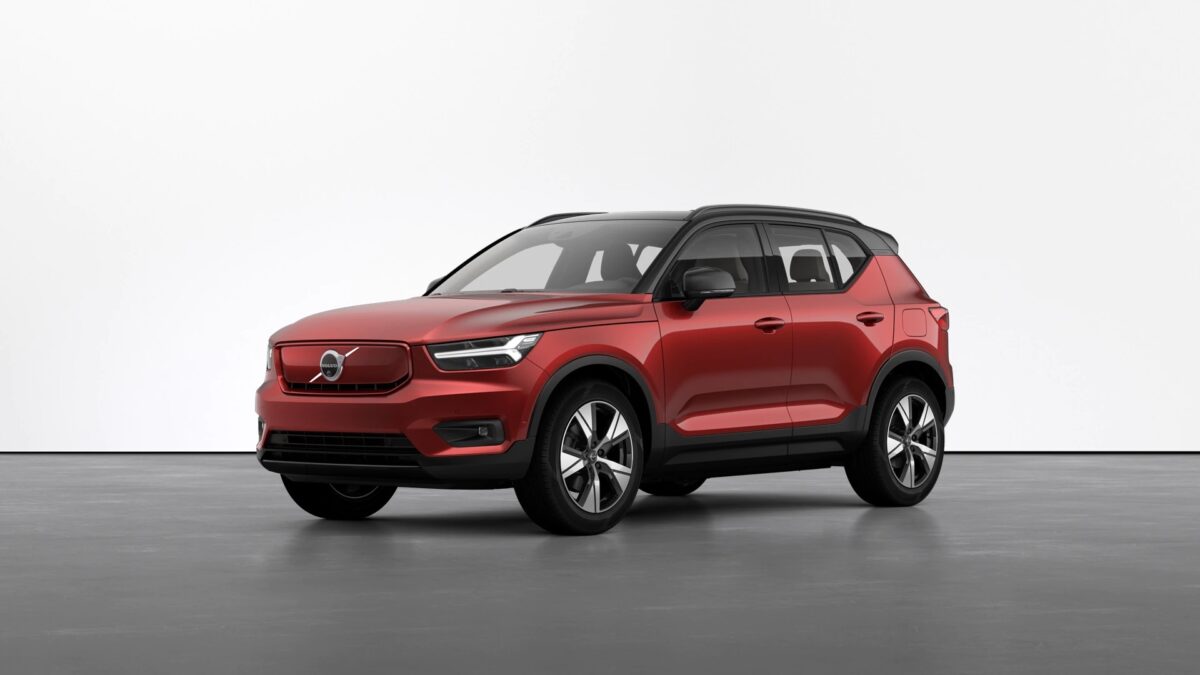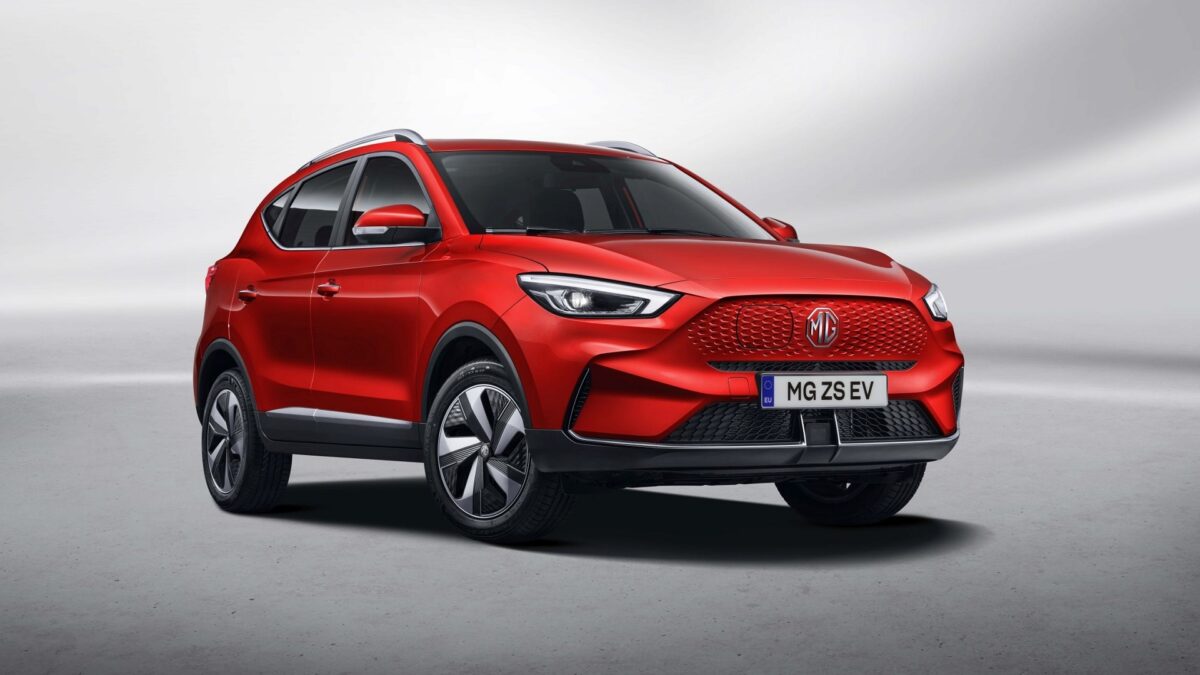Saar: And it is likely to happen before Maruti Suzuki, Toyota and Denso can roll out their lot from Gujarat.
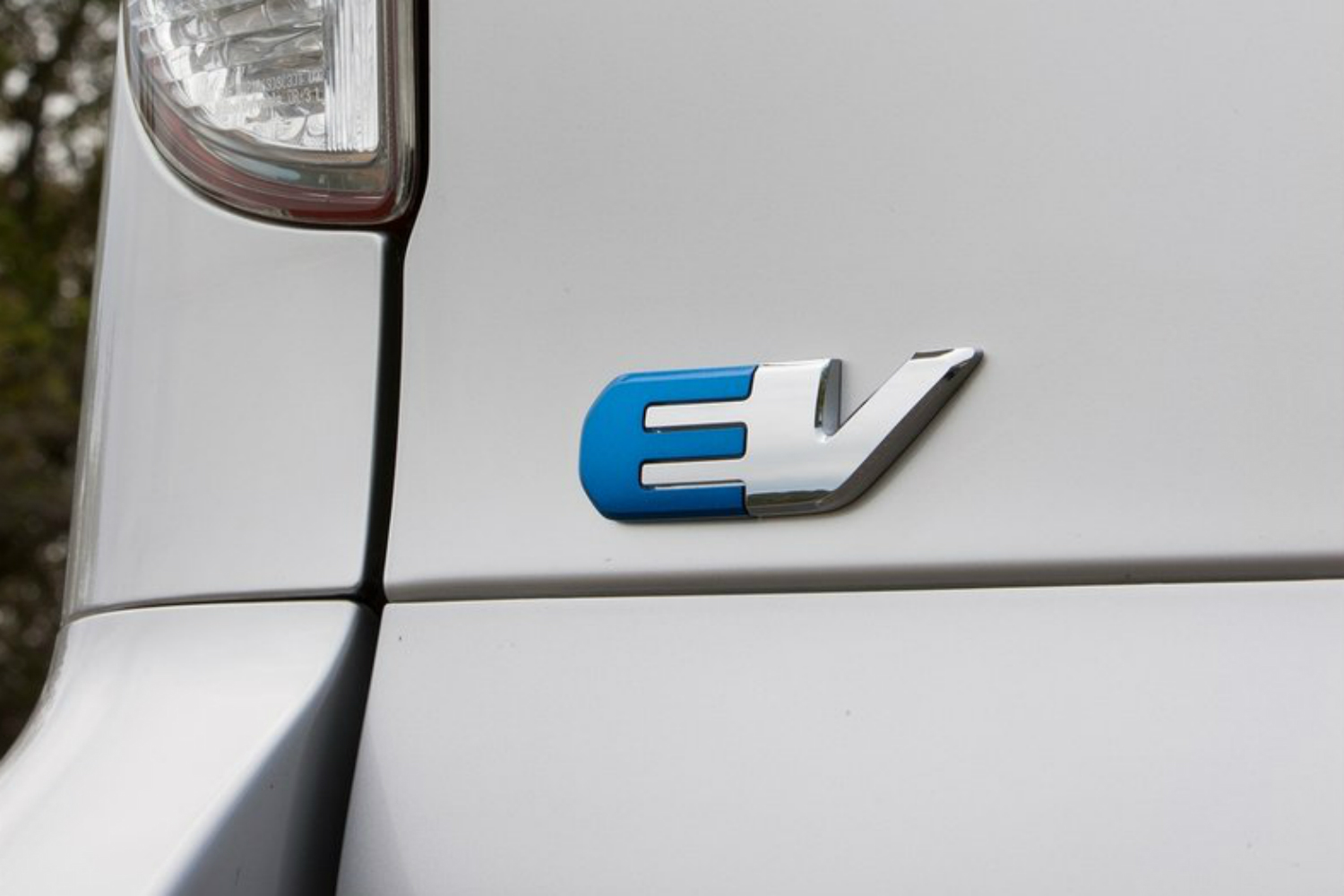
On Saturday, June 9, 2018, the government-run Central Electro Chemical Research Institute (CECRI) signed a memorandum of understanding (MoU) for the transfer of technology of country’s first indigenously engineered lithium-ion cells. CECRI inked the MoU with RAASI Group, which will set up a manufacturing facility in Tamil Nadu’s Krishnagiri district to put the developed tech into mass production.
The said tech of lithium-ion cells has been co-engineered by a group of scientists from Council for Scientific Industrial Research (CSIR)’s CERCI in Tamil Nadu, who joined forces with CSIR-National Physical Laboratory, New Delhi; CSIR-Central Glass and Ceramic Research Institute, Kolkata; and CSIR-Indian Institute of Chemical Technology, Hyderabad.
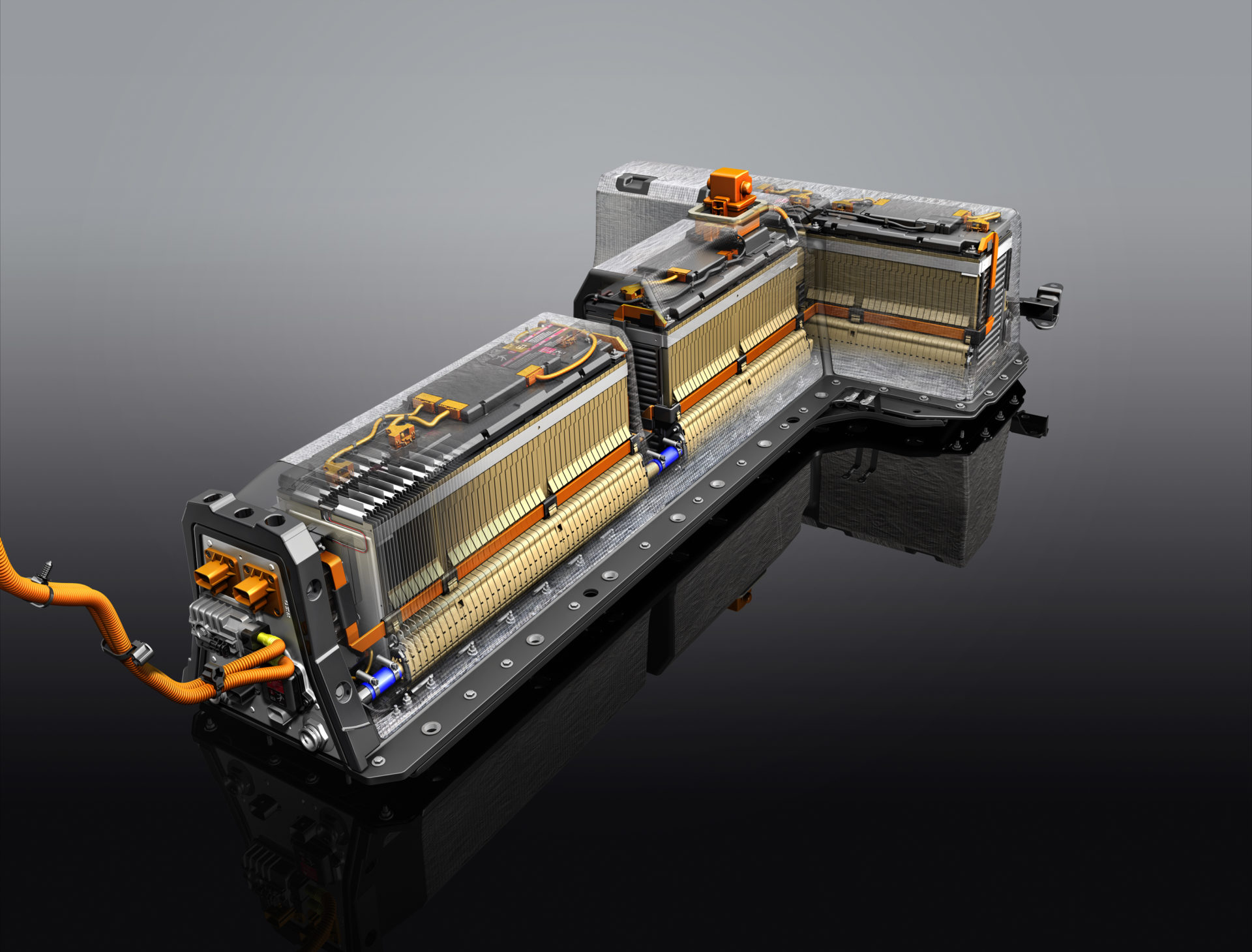
Lithium-Ion Battery Pack From LG
The central Science and Technology Ministry said that this MoU is first of its kind in the country. The statement further read:
“CSIR-CECRI has set up a demo facility in Chennai to manufacture prototype lithium-ion cells. It has secured global IPRs with potential to enable cost reduction, coupled with appropriate supply chain and manufacturing technology for mass production. India is one of the largest importers, and in 2017 it imported nearly $150 million worth lithium-ion batteries.”
Install EV Charging Points Every 3Km In Cities With 10 Lakh Plus Population, Proposes Centre
Harsh Vardhan, who is the minister of Science and Technology, was present at the event that took place. He further added:
“It will give tremendous boost to two flagship programmes – generating 175 giga watts (GW) by 2022, of which 100 GW will be solar and the second, the National Electric Mobility Mission, to switch completely to electric vehicles by 2030.”
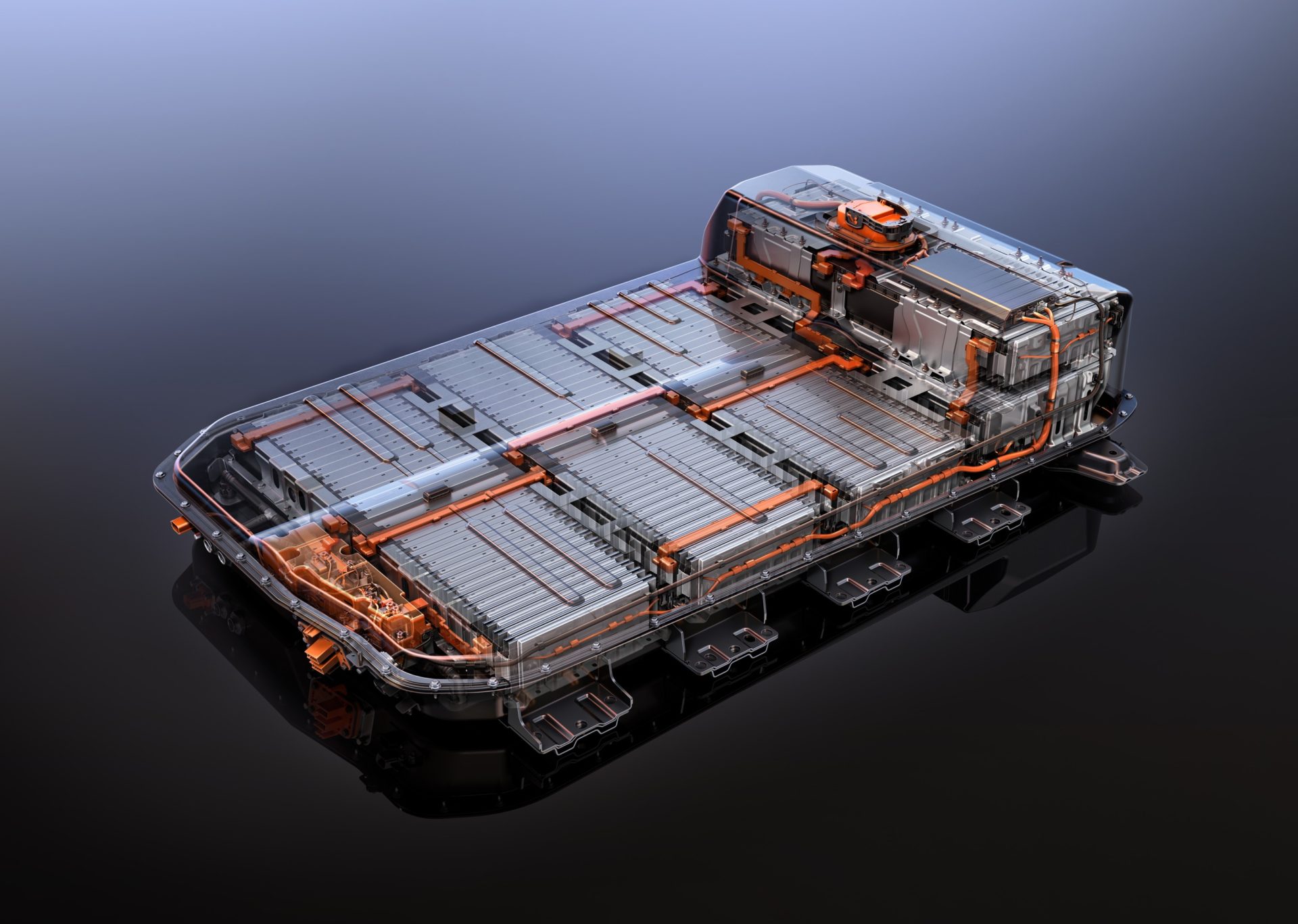
Lithium-Ion Battery Pack From Chevrolet
Currently, lithium-ion batteries for all purposes are imported into India from countries like South Korea, Japan and China. The newly developed batteries by CSIR labs can help power solar cells, medical devices and electric vehicles among others. This will not only help bring down the cost of such commodities in India by a huge fraction but will also help in eradicating the need of relying on expensive imports. Other positives that are linked to this breakthrough include the much-needed phasing out of lead-acid batteries.
The mass-production of the homegrown lithium-ion cells is likely to happen before Maruti Suzuki gets its own EV (electric vehicle) battery plant up and running in Gujarat. The premises are currently under development with a collaboration with Toyota and Denso, both of which will provide India’s largest carmaker with the technical support end-to-end.
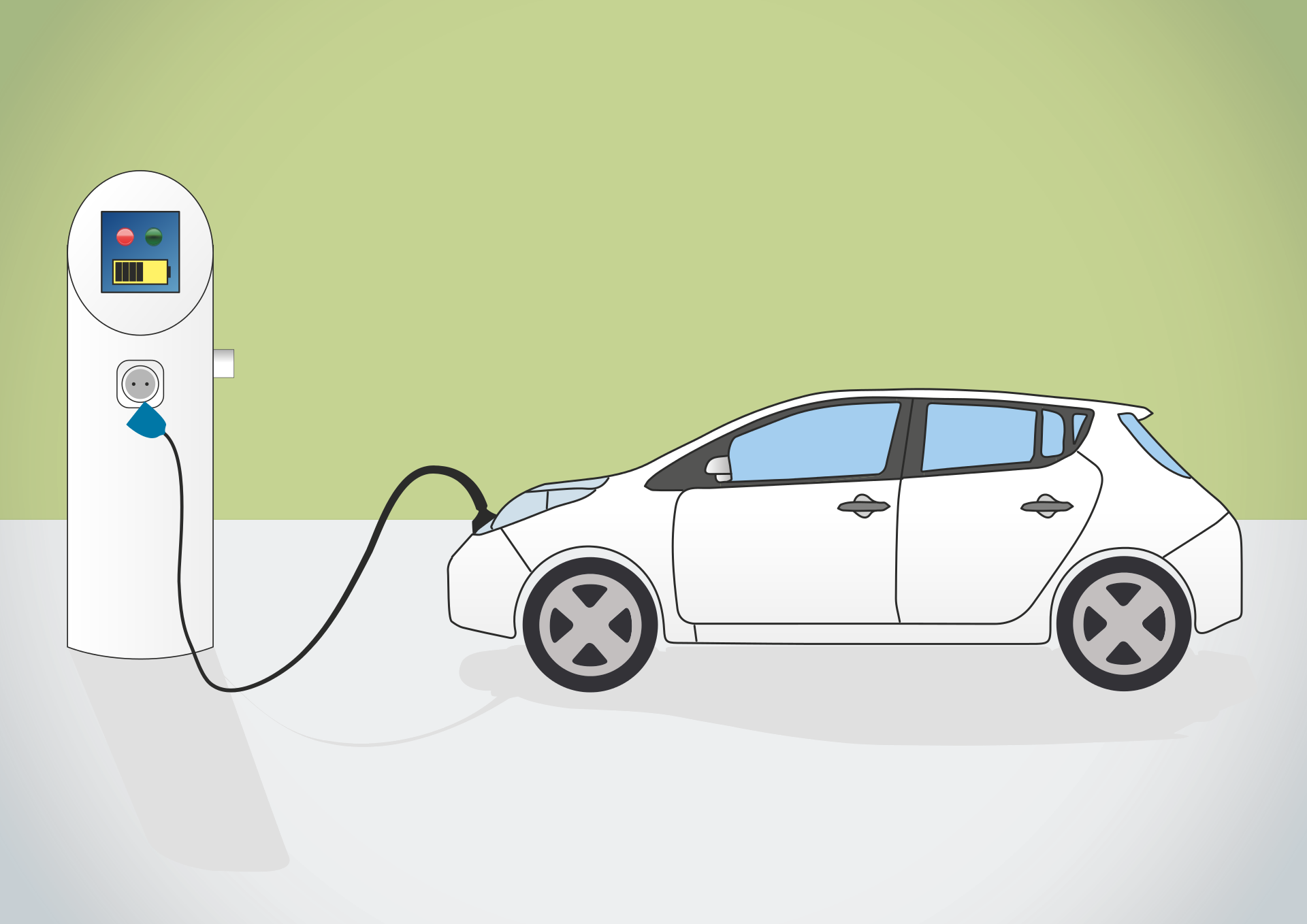
While India is currently gunning towards setting up its own lithium-ion battery plants, many countries around the world are already investing heavily in developing solid-state batteries. The said technology is considered the next big thing in the world of electric vehicles as it offers higher energy density and quicker charging among other positives.

